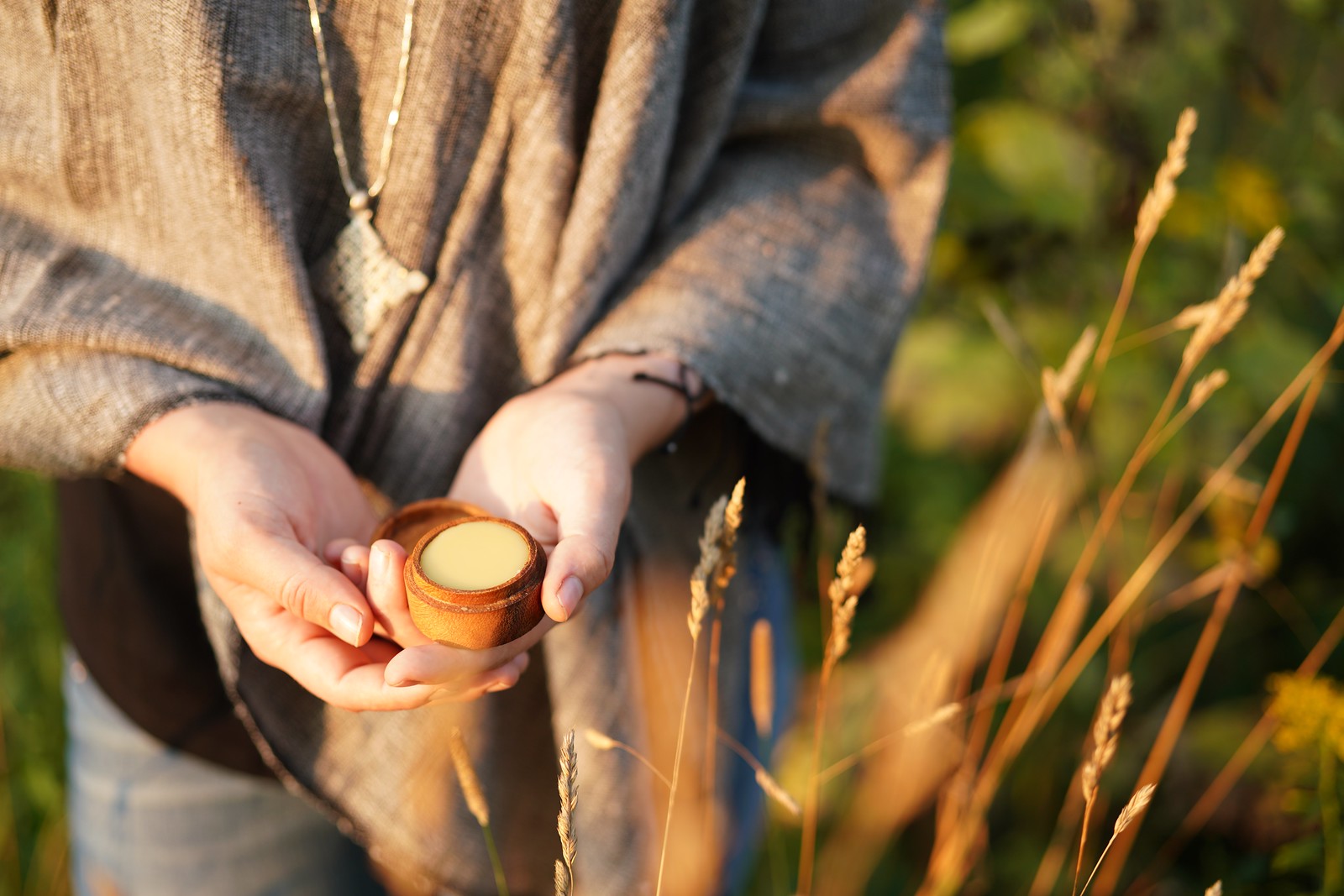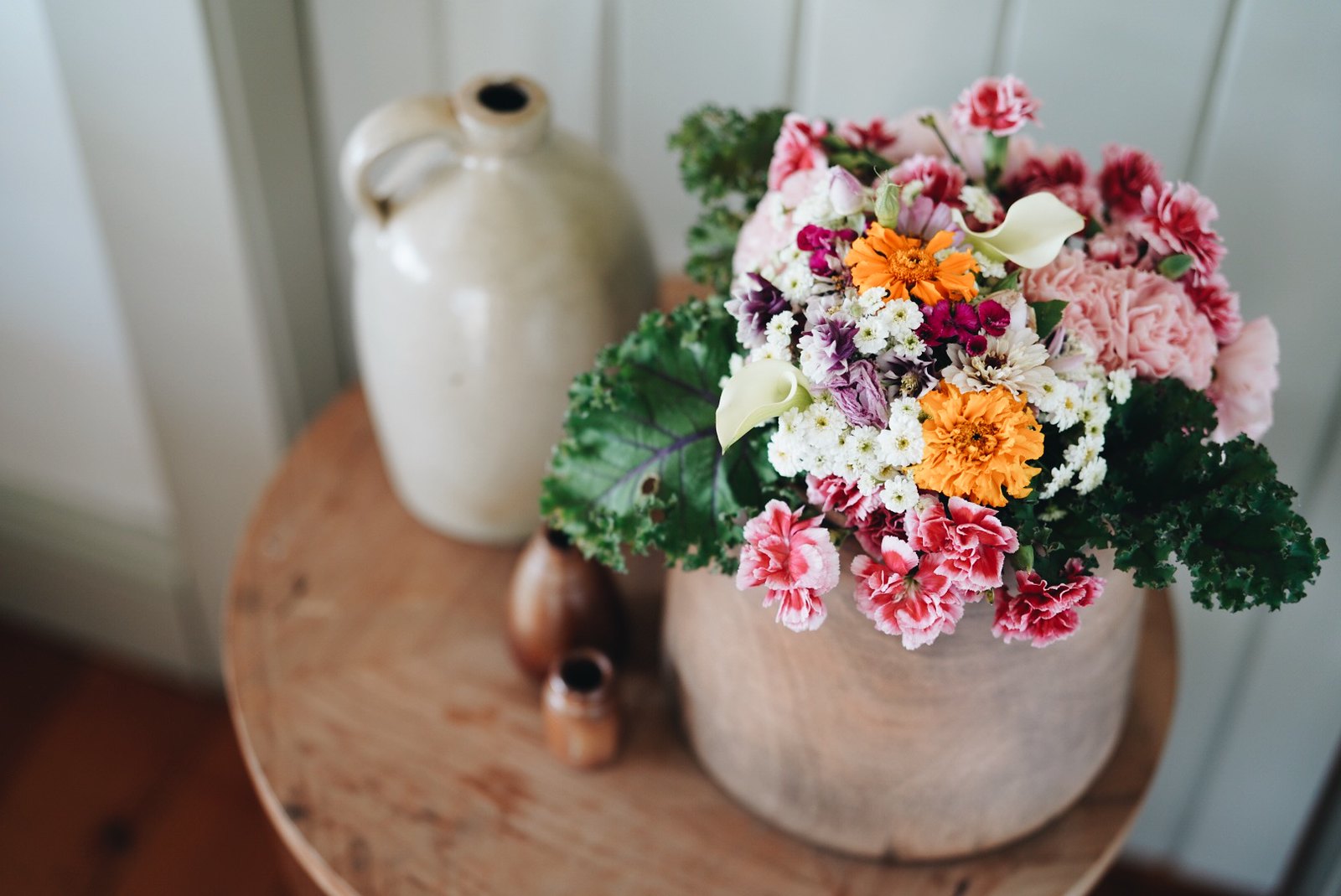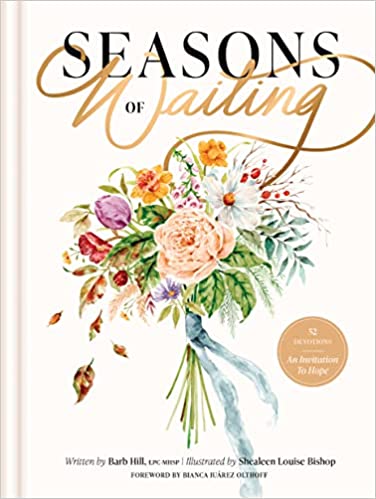After years of waiting to start a family of her own, Barb Hill decided to write a book that she
believes will resonate with so many. With every twist and turn of disappointment and grief that
waiting brought, she learned that although it appears our waiting seasons only come into our
lives to take and withhold, there is so much goodness veiled within this difficult experience.
Barb not only shares sacred details and insights from her own waiting seasons but narrates the
many conversations about waiting she has had with her clients as a trauma therapist. In her
book, Seasons of Waiting: An Invitation to Hope, Barb not only invites us to hope again, but she
also encourages us to release the shame and fear that has entangled itself around our hearts
and exchange it for the peace and freedom we long for. It is with pleasure that I welcome Barb to the farm’s table today…
Guest Post by Barb Hill
‘“Hope” is the thing with
feathers That perches in the soul
And sings the tune without the
words And never stops at all.”
A while back, a friend and I were exchanging stories about times our futures felt out of
focus and uncertain. My friend shared that she felt left behind in life. Everyone around her
seemed to be catapulting into the next season of their lives, but she felt lost and
exhausted.
I would leave each event feeling the painful tug between celebration for those I loved and grief for dreams unfulfilled.
We agreed that some of our most trying times came when we felt torn between
urgency to make a decision and the desire for God’s direction.
When my friend shared her confused and exhausted feelings, I resonated with them deeply,
and as we talked together, a slideshow of memories began flashing across my mind.
So, many of them revolved around bridal showers, weddings, and baby showers I had either
coordinated or been a part of.
The bittersweetness of these occasions were often too much for my heart to bear.
I would leave each event feeling the painful tug between celebration for those I loved and grief for dreams unfulfilled.






I not only felt the tension between the bitter and the sweet of these occasions, I felt the
push and pull between the pressure of losing time and the desire to choose what was best
for me.
This tug-of-war inside my heart made me feel stuck—arrested between my experience and someone else’s.
This tug-of-war inside my heart made me feel stuck—arrested between my experience and someone else’s.
Ultimately, it felt like a war waging inside me between faith and sight.
As a therapist, this “stuck feeling” is a common complaint I hear from my clients and is often the catalyst for many to seek therapy.
Feeling stuck is immobilizing and parallels a freeze response, one of four trauma responses (along with fight, flight, and fawn).
When we’re stuck, we feel frozen, unable to make the next move.
This response could be a result of fear triggering a trauma-like response.
When we’re stuck, we feel frozen, unable to make the next move.
Our conversation and the memories that re-played in my mind reminded me of when the
Israelites escaped Egypt and were traveling toward the Promised Land.
They faced an impassable Red Sea and the terrifying sound of their enemies pursuing them. They froze in
fear.
This trauma response stemmed not only from the immediate terror, but also from four hundred and thirty years of generational trauma as slaves.
Moses offered this powerful charge: “Don’t be afraid. Just stand still and watch the Lord rescue you today. The
Egyptians you see today will never be seen again” (Exodus 14:13, NLT).





If fear caused them to freeze, then faith could empower them to stand still.
This story holds so much wisdom for us. If fear caused them to freeze, then faith could
empower them to stand still.
Their outward position wouldn’t change, but their mental and emotional posture could shift from fear to faith.
I’m not suggesting you need more faith to overcome fear, but exercising the faith you do have, however small, empowers you with truth that supersedes the fear of the moment.
This story also shines a spotlight on the collision between the spiritual and the natural as you
make decisions.
…exercising the faith you do have, however small, empowers you with truth that supersedes the fear of the moment.
The “standing still,” “not yets,” and “hold ons” allow space for God to arrange circumstances so the scene and season you are walking into is prepared for you.
There are practical implications for your waiting, and God asks you to stand still so you can
move forward.
If you’re waiting for financial provision, a healing, a breakthrough, or just
the next step, God’s word to you first is to stand still.

Barb Hill is a writer and licensed mental health therapist whose life journey has been full of twists, turns, and detours—invaluable lessons and teaching moments that have shaped her passion for supporting others in both their navigation of faith and mental health. Before pursuing her counseling career, Barb worked in the corporate sector, the beauty industry, as a missionary in Africa, in addition to working for a global NGO—all before she began her work as a therapist. In 2019, Barb founded Holding Space Counseling, a group practice in Franklin, TN where she works as a trauma therapist as well as oversees other therapists in their clinical work. Barb’s debut book, Seasons of Waiting: An Invitation to Hope, is a 52-week devotional in which she comes alongside the reader as a compassionate guide to validate the disorienting experience of waiting. As we journey through each season together, something transformative happens–-we begin to see God, ourselves, and our waiting differently. This transformation reorients our hearts and minds so we can embrace a more fruitful way of waiting; one that empowers us to live wholeheartedly.
{ Our humble thanks to Tyndale for their partnership in this devotional. }







